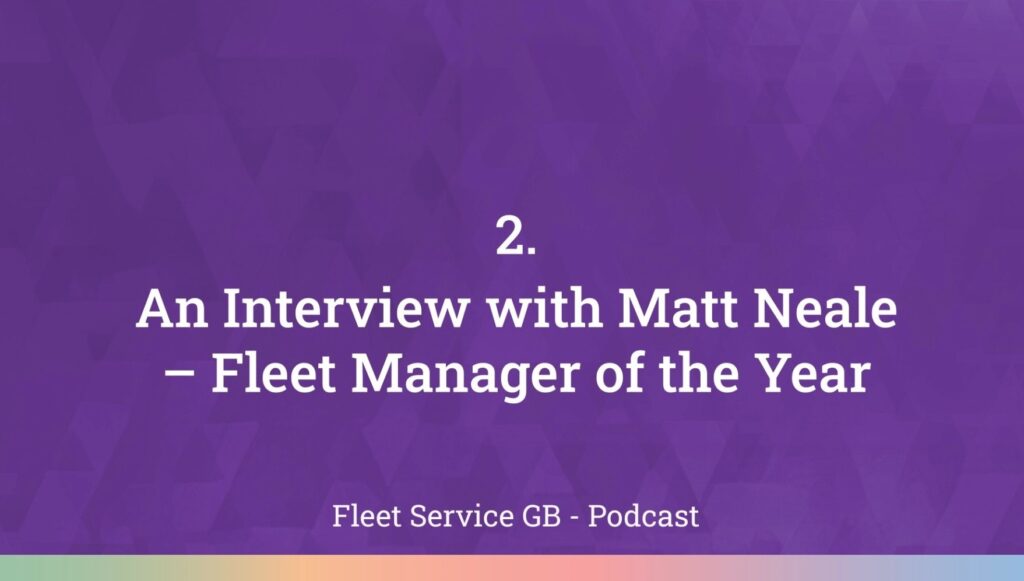Chancellor Rachel Reeves has just delivered her first Spending Review, and one of the biggest headlines for the fleet and transport sector is the £2.6 billion commitment to decarbonise UK transport. This major investment could be a game-changer for electric vehicles (EVs), infrastructure, and how businesses like yours manage their fleets.
If you’re wondering what this all means for your business, fleet strategy or next vehicle purchase, you’re in the right place.
What’s in the £2.6 Billion Transport Decarbonisation Package?
From 2026 to 2030, the government is investing:
- £1.4 billion to boost uptake of electric vehicles (cars, vans, and HGVs)
- £400 million to grow the EV charging network
- £616 million for new and improved cycling and walking routes
- An extension of the Advanced Fuels Fund for sustainable aviation fuel
- £24 billion towards road maintenance, including local road repairs
- £15.6 billion for city transport infrastructure through regional mayors
This bold move is part of a wider commitment to grow public spending while ditching austerity. Departmental spending is set to rise by 2.3% above inflation per year.
Read more in the official Spending Review announcement.
Why This Matters for Fleet Managers
Increased Support for EV Fleets
The £1.4bn EV funding could mean new grants, tax incentives or subsidies—great news if you’re thinking about switching your fleet. Expect more accessible EVs, including electric vans and HGVs.
But some industry experts have flagged concerns. Without clear plans, barriers like VAT on public charging, high EV taxes, and inconsistent charging access could still hold businesses back.
Better Charging Infrastructure
With £400m earmarked for EV charging, we should see faster, more reliable charge point installation—vital for fleet reliability. This will help close the gap between businesses with depot charging and those relying on public networks.
Safer, Smoother Roads
An additional £24bn for roads means fewer potholes, better surfaces, and more reliable journeys. It’s a win for both traditional and electric fleets.
How Fleet Service GB Helps You Transition
At Fleet Service GB (FSGB), we’re already geared up to help fleets adapt to these changes and start to decarbonise. Our nationwide Garage Network is fully EV-ready, giving you access to expert EV servicing, diagnostics, and repairs—no stress, no delays. On top of that, our FSGB Fleet Management can help you plan and prepare for the switch to EV.
We’re not just watching these changes—we’re helping you make the most of them.
What Fleet Leaders Are Saying
Industry bodies are mostly positive. The BVRLA welcomed the £1.4bn EV investment, calling it a “much-needed boost to demand”. ChargeUK praised the push for more infrastructure, but urged the government to equalise VAT on public charging and remove barriers still holding drivers back.
Even so, experts warn that how the money is spent matters more than the headline figure.
FAQs About the Transport Decarbonisation Fund and Fleet Service GB
What is the UK government’s £2.6 billion transport decarbonisation plan?
It’s a capital investment running from 2026 to 2030 aimed at supporting EV uptake, improving charging infrastructure, and encouraging sustainable travel like cycling and walking to help decarbonise.
Will there be new grants for EVs?
It’s likely. The £1.4bn could be used for EV purchase incentives, fleet-specific schemes, or van/truck support, though the government hasn’t confirmed full details yet.
How can Fleet Service GB help my business move to EVs?
We offer EV-ready servicing through our Garage Network and expert fleet management tools tailored to help you reduce costs, stay compliant, and transition smoothly.
Is your garage network ready for electric vehicles?
Yes, our Garage Network is EV ready, with trained technicians, proper equipment, and national coverage.
Is Fleet Service GB only for large fleets?
Nope! We work with fleets of all sizes, across various industries, offering scalable solutions that grow with your business. However, our tools work best for fleets over 50 vehicles. Contact us here.
Final Thoughts: What You Should Do Next
If you’re running a fleet in 2025, these government investments are an opportunity—but only if you prepare.
- Start reviewing your fleet transition strategy
- Make use of fleet management tools available through Fleet Service GB
- Choose a maintenance partner that’s ready for the shift
- Talk to Fleet Service GB to map out your next steps
With public funding rising and the fleet world changing fast, now’s the time to take action and help decarbonise transport.


